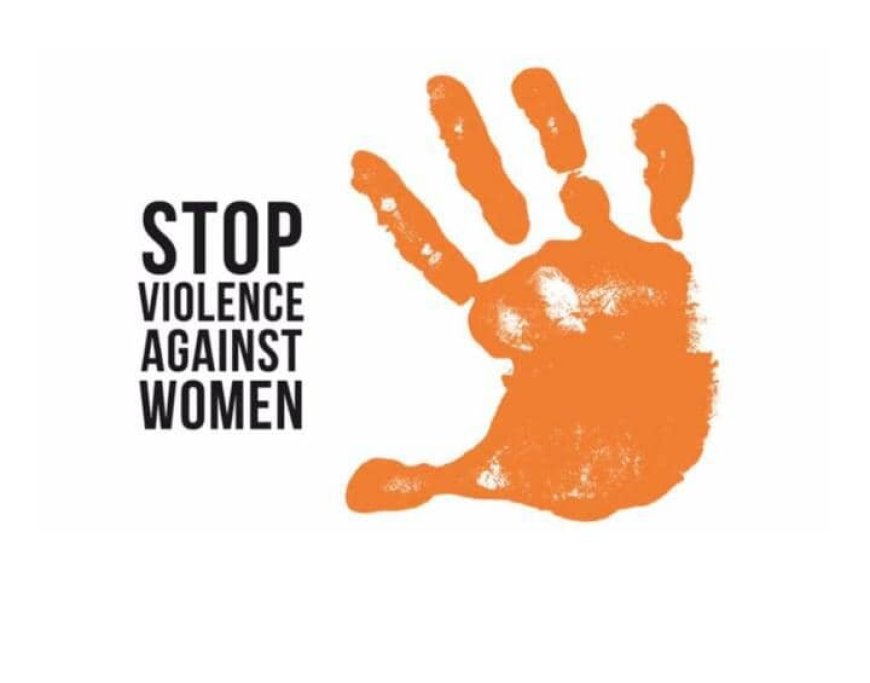Shining light on violence against women in Kenya

By Robert Mutasi
November 25 is observed as the International Day for the Elimination of Violence Against Women, dedicated to increasing awareness of the continued and systemic abuse that women face around the world.
An issue that truly is universal, theKenyan situation certainly makes for grim reading and presses upon the immediate need for action, advocacy, and systemic change.
From physical and sexual violence to harmful cultural practices, Kenyan women continue to endure violations that not only undermine their dignity but also impede their empowerment and progress.
Violence Against Women in Kenya: A Crisis in Numbers One in three women worldwide has faced physical or sexual violence, often perpetrated by someone she trusted-mostly an intimate partner.
Kenya is no exception
According to the Kenya National Bureau of Statistics, in 2022, 41% of women aged between 15 and 49 years had experienced physical violence, while 14% had been subjected to sexual violence.
The prevalence of GBV is especially alarming in rural areas, since deeply entrenched cultural practices and lack of access to justice exacerbate the situation.
Besides physical violence, harmful traditional practices like FGM are still at large in some parts of the country.
This is despite Kenya banning the practice in 2011, and it is estimated by the UNFPA that about 21% of Kenyan women and girls have been subjected to FGM.
Early and forced marriages are also common, with 23% of Kenyan girls married before turning 18 years old, often at the expense of their education and with the threat of further abuse.
The Silent Struggle
While the numbers are astounding, they barely scratch the surface of the issue.
Many women and girls do not report incidents of violence due to fear of stigma, retribution, or distrust in the justice system.
A 2019 study done by the National Crime Research Centre showed that only 30% of survivors sought help, with many citing inaction by law enforcement as deterrents to doing so.
The pandemic exacerbated these issues
The United Nations reported a 42% increase in GBV cases in Kenya during COVID-19 lockdowns, highlighting how crisis situations can intensify vulnerabilities.
For many women, home became a battleground instead of a sanctuary.
The theme this year, #OrangeTheWorld, calls for communities to break the silence, stigma, and shame that shrouds violence against women.
In several parts of the world, marches, awareness campaigns, and policy dialogues also characterize the day, with cities such as Paris, Lima, and Rome taking the lead.
While Kenya has done its part in joining the efforts through advocacy campaigns, much is still left to be done.
Because of this reality, Kenyan civil society is now playing a very vital role in the process of survival and cultural challenge.
Organizations like FIDA-Kenya and COVAW have been on the frontline, offering legal assistance, counseling services, and shelter to survivors.
In addition, grassroots movements organize community leaders to speak out against harmful traditions and give men and boys gender-based violence education.
At the policy level, Kenya has made steps through the establishment of laws like the Protection Against Domestic Violence Act of 2015 and the Prohibition of Female Genital Mutilation Act of 2011.
However, enforcement remains inconsistent, and little resources are devoted to ensure that such laws result in practical change.
Hope Through Education and Empowerment Education is one of the most powerful tools in the fight against violence targeting women.
Organizations such as Shining Hope for Communities ensure girls are empowered through education, having acquired knowledge and confidence to stand up against abuse.
In 2021, SHOFCO reported that more than 5,000 girls in informal settlements received scholarships, many of them having escaped early marriages or FGM.
It is also about economic empowerment: studies indicate that economically empowered women are less likely to put up with abusive marriages.
The Women Enterprise Fund and Uwezo Fund initiatives have played an important role in helping the Kenyan women develop sustainable livelihoods.
A Call to Action As Kenya joins the rest of the world in marking this day, the International Day for the Elimination of Violence against Women, the message is clear: ending violence against women is not a women's issue; it is a human rights imperative.
It is important that governments, communities, and individuals join their efforts in making such an environment where women can live free from fear and violence.
The day also serves as a reminder that true change begins with collective action. From the schoolrooms of Nairobi to the boardrooms of global corporations, everyone has a role to play in dismantling the systems that perpetuate violence.
By raising awareness, challenging stereotypes, and holding perpetrators accountable, society can begin to turn the tide.
As events unfold, including marches under the banner #OrangeTheWorld, remember that behind every statistic is a woman who has seen her potential curtailed, a child whose future has been compromised, or a family whose hope has dimmed.
Though Kenya still has a long way to go in its struggle against gender-based violence, with consistent efforts and solidarity, it would be well on its way to a brighter and more just future.
As we celebrate this November 25, let us reiterate our commitments toward ensuring that no woman or girl in Kenya—or anywhere in the world, suffers in silence.
Together, we can eliminate violence against women and build a society that values their dignity, rights, and aspirations.
What's Your Reaction?



































































































































































































































































































